
This is a landmark collaborative initiative between BU’s NanoCorr, Energy and Modelling (NCEM) Research Group led by Professor Zulfiqar Khan and team members including Dr Adil Saeed, Dr Mayank Anand and Aerk Dimri and Lush Cosmetics Ltd a major stakeholder in the conurbation. “Born in Poole, Lush offers a range of quirky and unique handmade bathing and cosmetic products with signature ‘Lush’ scents. The brand boasts an extremely ethical promise to consumers with all products being cruelty free, vegetarian and ethically sourced.” [Source]. “Lush Limited is a British cosmetics retailer which is headquartered in Poole, England. It was founded in 1995 by trichologist Mark Constantine, his wife Mo Constantine and five other founders.” [Source].

“We laid the foundation for capitalising on tidal energy sources and providing clean energy solutions for local and regional domestic and commercial applications through Community Interest Company (CIC) / Standard Industrial Classification (SIC), Poole Tidal Energy Partnership (PTEP), more than a decade ago, said Professor Zulfiqar Khan, one of the founding directors of PTEP.
This work led to UK based energy company collaboration in BU’s energy research: capture, conversion and storage through full funding of two PhDs, two Post Docs, one PhD in-kind support, industrial labs resources and funding patent applications, a three quarter of a million pound sterling research portfolio led by Professor Zulfiqar Khan. This has yielded in commercial patents in the US and GB, covering novel nano fluids, energy systems (capture, conversion and storage).
“This recent collaboration with LUSH is a testament of our full commitments to UNSDGs, UK and EU clean energy directives, initiatives which has led to emergence of BU as a global leader in Clean Energy Systems,” Professor Zulfiqar Khan added.
Dr Saeed said, “we provide opportunities for our UG/PGT courses to benefits from our research collaborations to enhance students learning and teaching experience through research informed educational provisions.” Dr Saeed, the Programme Leader of Mechanical Engineering course, said, we currently have three final year projects in energy systems which have been inspired and are linked to BU-LUSH collaborative project.
LUSH Creative Technologist Jim Woodward said, “We look forward to starting this journey with Professor Khan, his colleagues and students at Bournemouth University, researching the potential tidal energy in our beautiful Poole Harbour. We welcome the newly appointed PGR and wish him good luck in this exciting PhD project with us. What a force – Lush a local Poole company working with a fantastic local University.”
 Colleagues working on our Nepal Family Cohort Study (NeFCoS) presented baseline data at a dissemination programme held today (March 28th) in Everest Hotel, Kathmandu. Bournemouth University is a key partner in this unique long-term follow-up study in Nepal. Our large international team is led by Dr. Om Kurmi, Associate Professor Research in the Centre for Healthcare and Communities at Coventry University. The Bournemouth University (BU) team comprises Dr. Pramod Regmi (Principal Academic-International Health), Dr. Edwin van Teijlingen (Professor of Reproductive Health), Dr. Rebecca Neal (Principal Lecturer in Exercise Physiology) and Dr. Vanora Hundley (Professor of Midwifery).
Colleagues working on our Nepal Family Cohort Study (NeFCoS) presented baseline data at a dissemination programme held today (March 28th) in Everest Hotel, Kathmandu. Bournemouth University is a key partner in this unique long-term follow-up study in Nepal. Our large international team is led by Dr. Om Kurmi, Associate Professor Research in the Centre for Healthcare and Communities at Coventry University. The Bournemouth University (BU) team comprises Dr. Pramod Regmi (Principal Academic-International Health), Dr. Edwin van Teijlingen (Professor of Reproductive Health), Dr. Rebecca Neal (Principal Lecturer in Exercise Physiology) and Dr. Vanora Hundley (Professor of Midwifery).
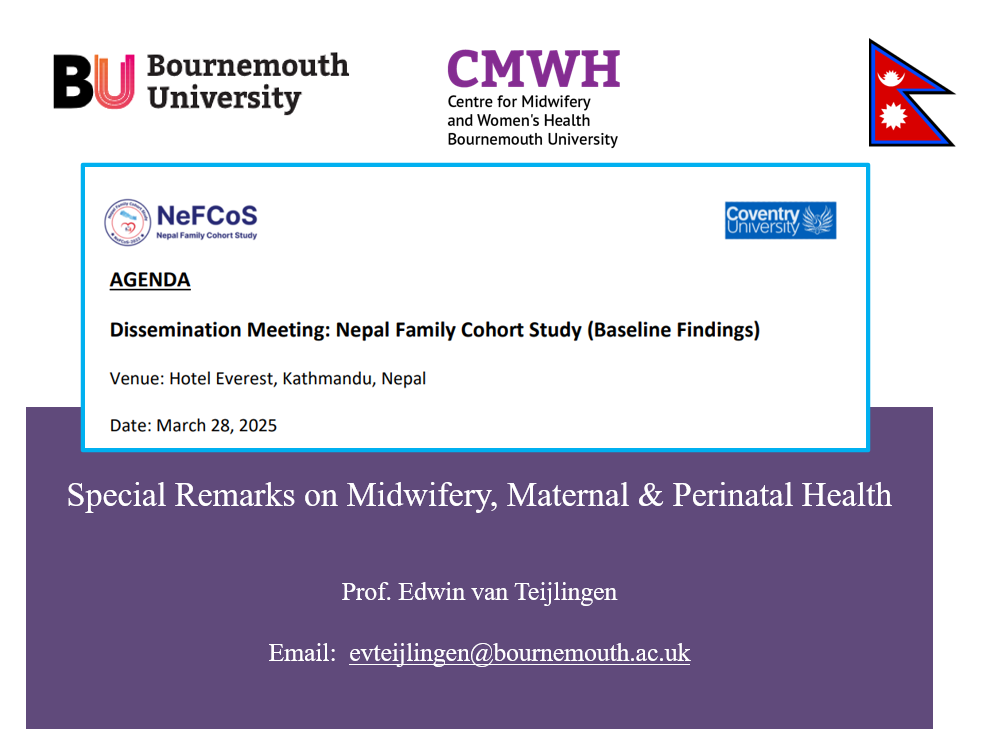


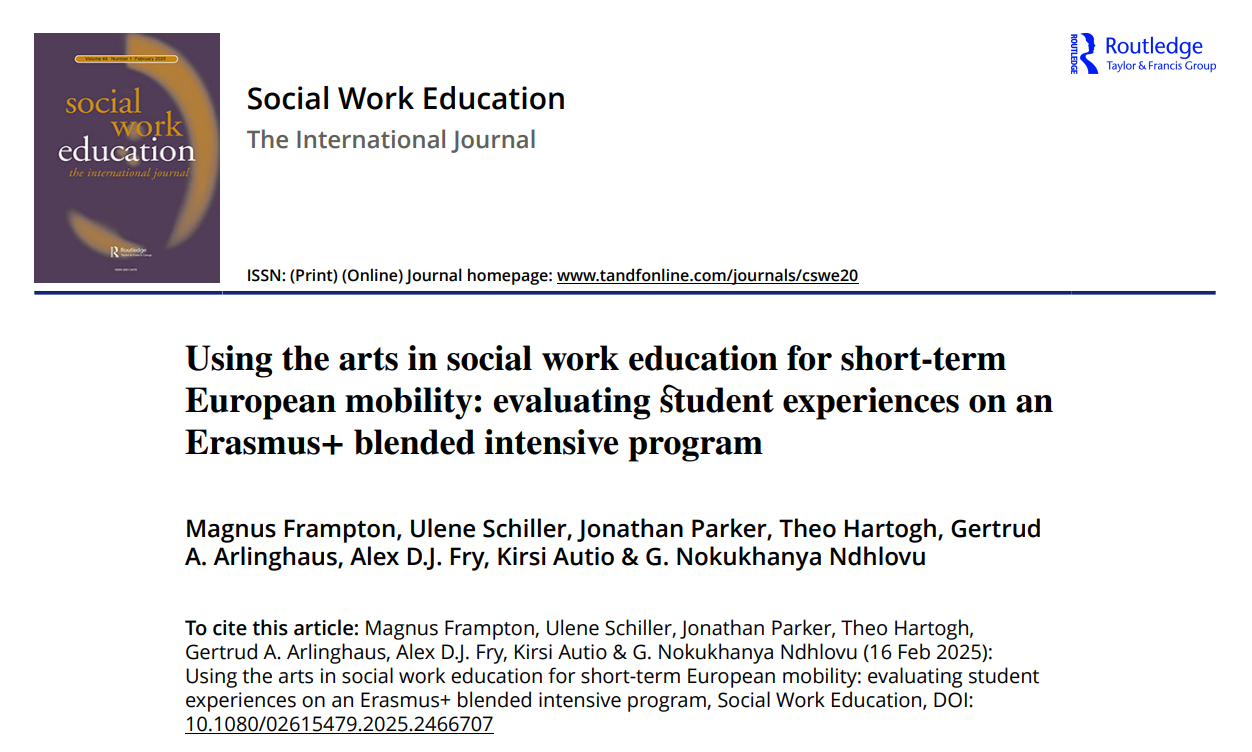
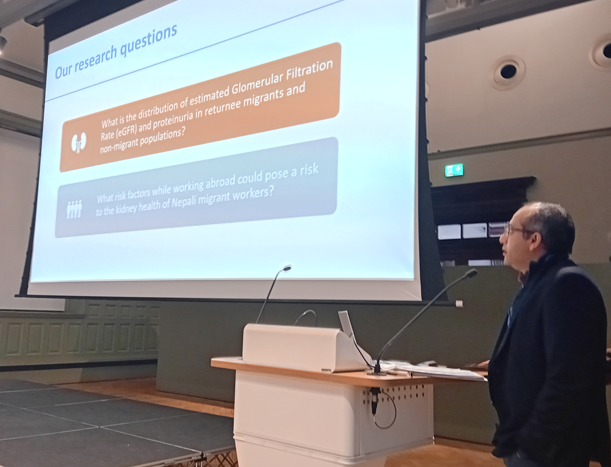

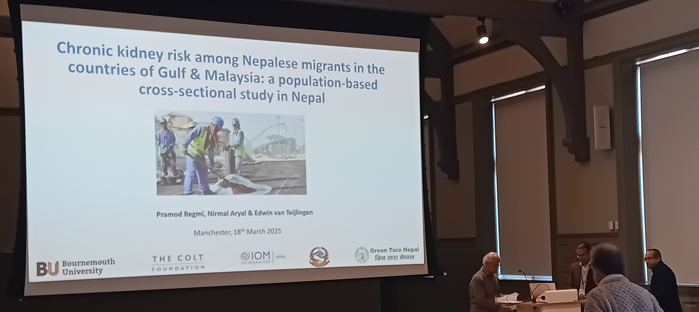

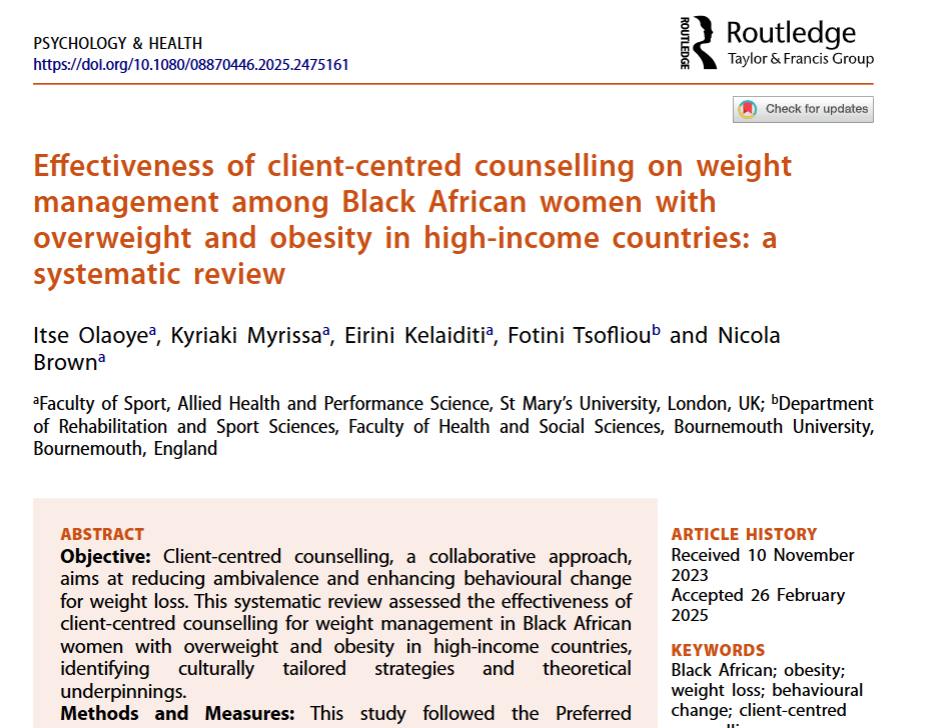

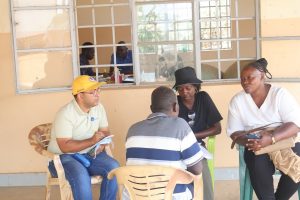
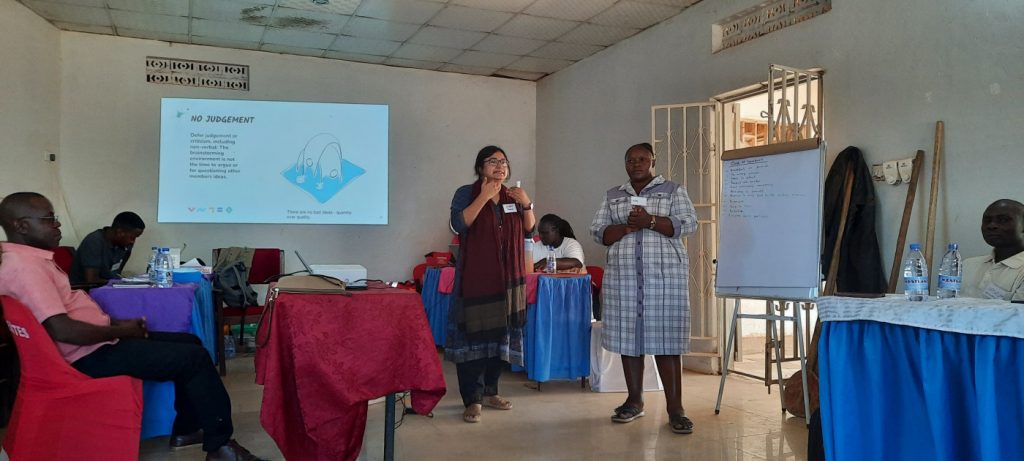








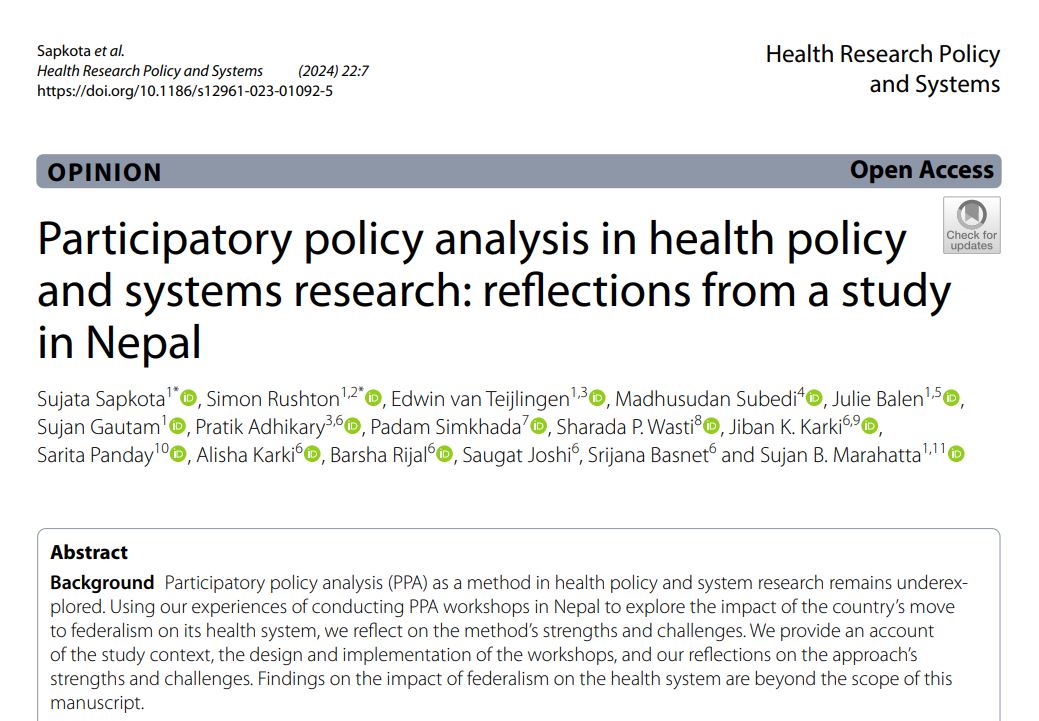
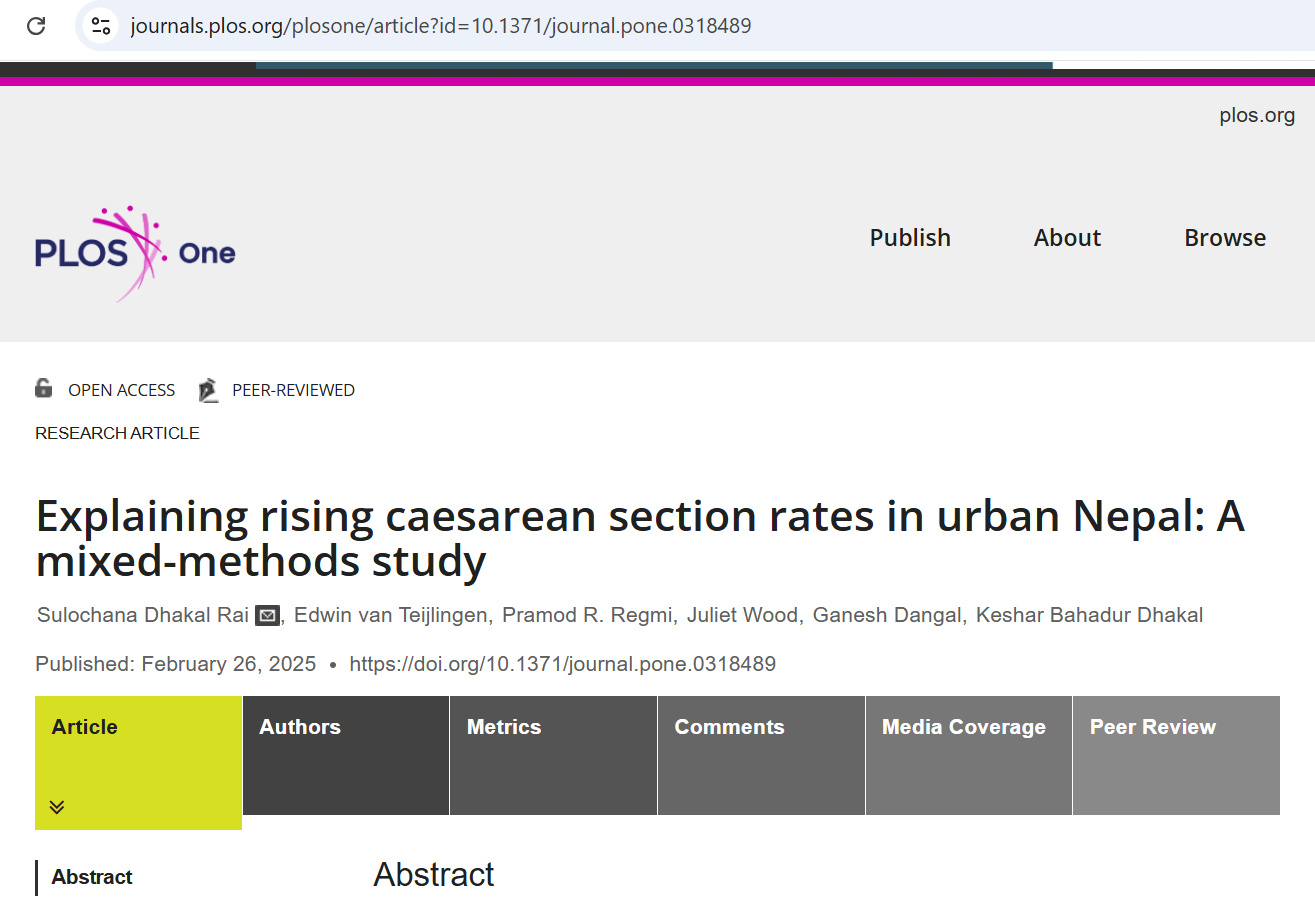





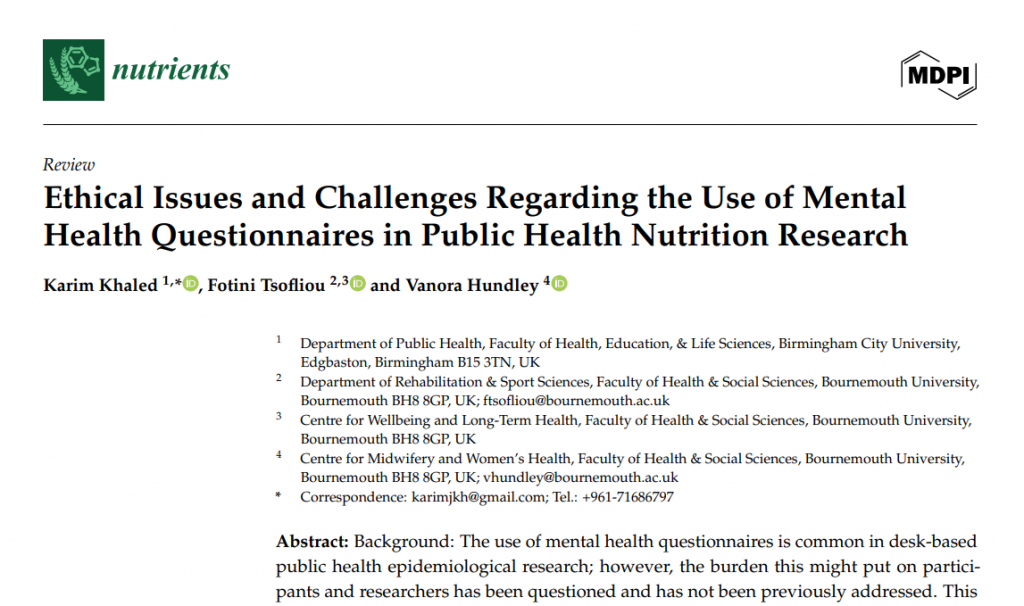
 Preventative measures to reduce these challenges include choosing appropriate cut-off scores for correctly identifying participants; highlighting whether mental health questionnaires used may elicit negative emotional or psychological reactions related to suicide ideation; specifying the criteria for referral to clinical services; detailing the intended referral processes; including approaches where the researcher directly connects participants with a psychological service provider; and including a passive referral method such as contact details for participants to initiate their own referrals to clinical care. The authors offer a guide for researchers aiming to collect data on mental health through questionnaires, and they conclude that ethical challenges should be considered and reviewed at all stages of the research project.
Preventative measures to reduce these challenges include choosing appropriate cut-off scores for correctly identifying participants; highlighting whether mental health questionnaires used may elicit negative emotional or psychological reactions related to suicide ideation; specifying the criteria for referral to clinical services; detailing the intended referral processes; including approaches where the researcher directly connects participants with a psychological service provider; and including a passive referral method such as contact details for participants to initiate their own referrals to clinical care. The authors offer a guide for researchers aiming to collect data on mental health through questionnaires, and they conclude that ethical challenges should be considered and reviewed at all stages of the research project.

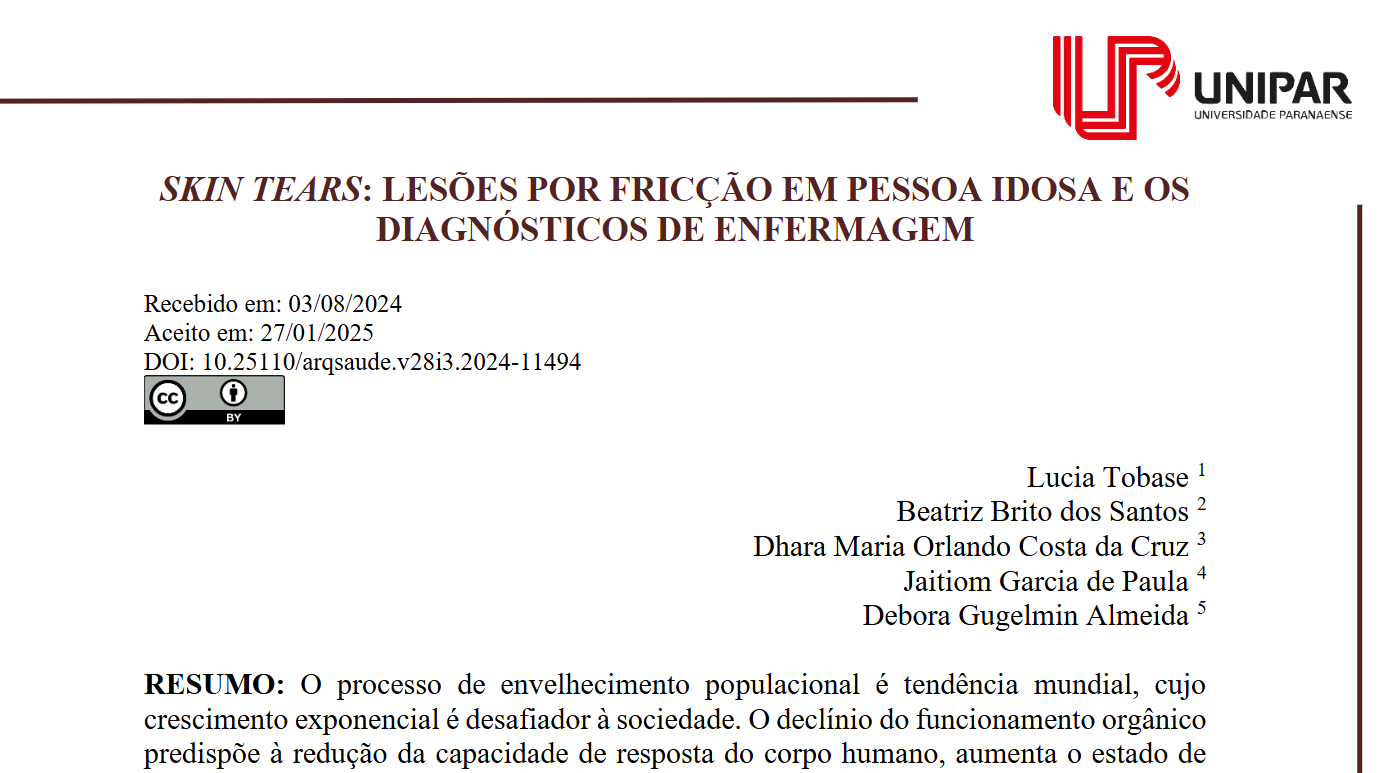

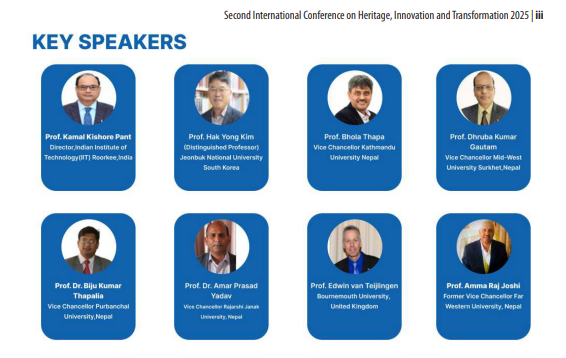











 New Nepal scoping review on maternal & neonatal health
New Nepal scoping review on maternal & neonatal health Fourth INRC Symposium: From Clinical Applications to Neuro-Inspired Computation
Fourth INRC Symposium: From Clinical Applications to Neuro-Inspired Computation Writing policy briefs
Writing policy briefs Upholding Excellence: The Concordat to Support Research Integrity
Upholding Excellence: The Concordat to Support Research Integrity ECR Funding Open Call: Research Culture & Community Grant – Application Deadline Friday 12 December
ECR Funding Open Call: Research Culture & Community Grant – Application Deadline Friday 12 December MSCA Postdoctoral Fellowships 2025 Call
MSCA Postdoctoral Fellowships 2025 Call ERC Advanced Grant 2025 Webinar
ERC Advanced Grant 2025 Webinar Horizon Europe Work Programme 2025 Published
Horizon Europe Work Programme 2025 Published Horizon Europe 2025 Work Programme pre-Published
Horizon Europe 2025 Work Programme pre-Published Update on UKRO services
Update on UKRO services European research project exploring use of ‘virtual twins’ to better manage metabolic associated fatty liver disease
European research project exploring use of ‘virtual twins’ to better manage metabolic associated fatty liver disease